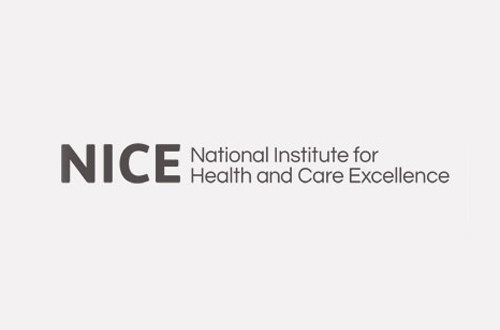
The chief executive of the UK’s National Institute for Health and Care Excellence (NICE) has called into question the high cost the pharma industry says it takes to develop a new medicine.
In an open letter to UK newspaper The Times, Sir Andrew Dillon said companies should be sure that all expenses spent on research were necessary in order justify the high prices demanded for new products assessed by health technology assessment (HTA) bodies such as NICE.
“If it really does cost £1.2bn to develop a new drug, the question the pharmaceutical industry must be able to answer is this: are you absolutely confident that it needs to?” said Sir Andrew.
The letter to The Times was in response to a comment piece by the newspaper’s business editor Ian King, in which King referenced a claim from Pfizer UK’s managing director Jonathan Emms that it now takes £1.2bn to bring a new medicine to patients and companies should be rewarded appropriately through the price of their drugs in order to invest enough back into R&D.
Emms’ full comment, which was also published in The Times, was written following NICE’s decision not to recommend the Pfizer drug Xalkori (crizotinib) for use in the treatment of advanced non-small-cell lung cancer (NSCLC) due to its high cost despite accepting it was an effective treatment.
“NICE was set up to recommend medicines for use in the NHS, tackle problems of postcode prescribing and help the NHS get the best value from the money it spends,” said Emms.
“However, the tools that it uses to assess medicines are blunt ones with widely recognised limitations,” he added, stating that NICE either turned down or limited the use of 40 per cent of new medicines assessed in 2012.
According to Emms, NICE needs to evolve its system to offer more flexibility and follow the example of the European Medicines Agency (EMA), which granted Xalkori a conditional licence, allowing Pfizer to market the drug in return for providing further data at a later point.
“The European regulatory process was able to manage the uncertainty caused by having earlier trial results,” said Emms. “By contrast, NICE refused to accept the same uncertainty and through its assessment process, blocked this much needed medicine from patients.”
Both Emms and King suggest negative decisions from NICE could influence pharma companies on whether they invest in the UK.
In his response, Sir Andrew dismissed this, stating that the country’s research environment “holds too many advantages for companies to do that”.
However, he acknowledged the UK has to “compete hard to win its share”, backing comments from the likes of chief medical officer Dame Sally Davies, who has previously linked the decline of clinical trials in the country to competition from emerging countries, such as India.
As expected, the industry did not respond kindly to Sir Andrew’s letter, with Stephen Whitehead, chief executive of trade body the Association of the British Pharmaceutical Industry (ABPI), saying he was “disappointed” to read it.
“It is not credible to suggest that the UK industry should invest heavily to discover valuable medicines for diseases such as cancer, Alzheimer’s, heart disease and HIV, that are then not made available to UK patients because of NICE’s decisions,” he said, and he backed Emm’s assertion that it takes up to £1.2bn to develop a new drug.
Whitehead also took issue with Sir Andrew’s comments on the advantages of the R&D environment in the UK, claiming it is “fragile and under constant challenge”.
“This can be seen in how the UK share of global clinical trials has fallen from 6 per cent to 1.4 per cent in only 10 years. The consequences of this is the closure of six research sites in the UK over the past six years.” said Whitehead, referencing decision by companies such as Pfizer and AstraZeneca to scale back their UK operations.
Cutbacks have also been made by Novartis, which last year said the UK’s low uptake of innovation and lack of investment threatened the future of research in the country.
The way prices for new drugs are negotiated in the UK is currently under review with a new system of value-based pricing (VBP) set to replace the current Pharmaceutical Price Regulation Scheme (PPRS) at the beginning of 2014.
However, little is known publically of how VBP – which will be led by NICE – will work in practice and the industry has expressed concerns that it may not encourage innovation. Negotiations between the government and ABPI are still ongoing, with the industry body’s preferred plan being one that incorporates VBP into an updated PPRS system to create a ‘single, holistic, integrated, voluntary and negotiated scheme’.




